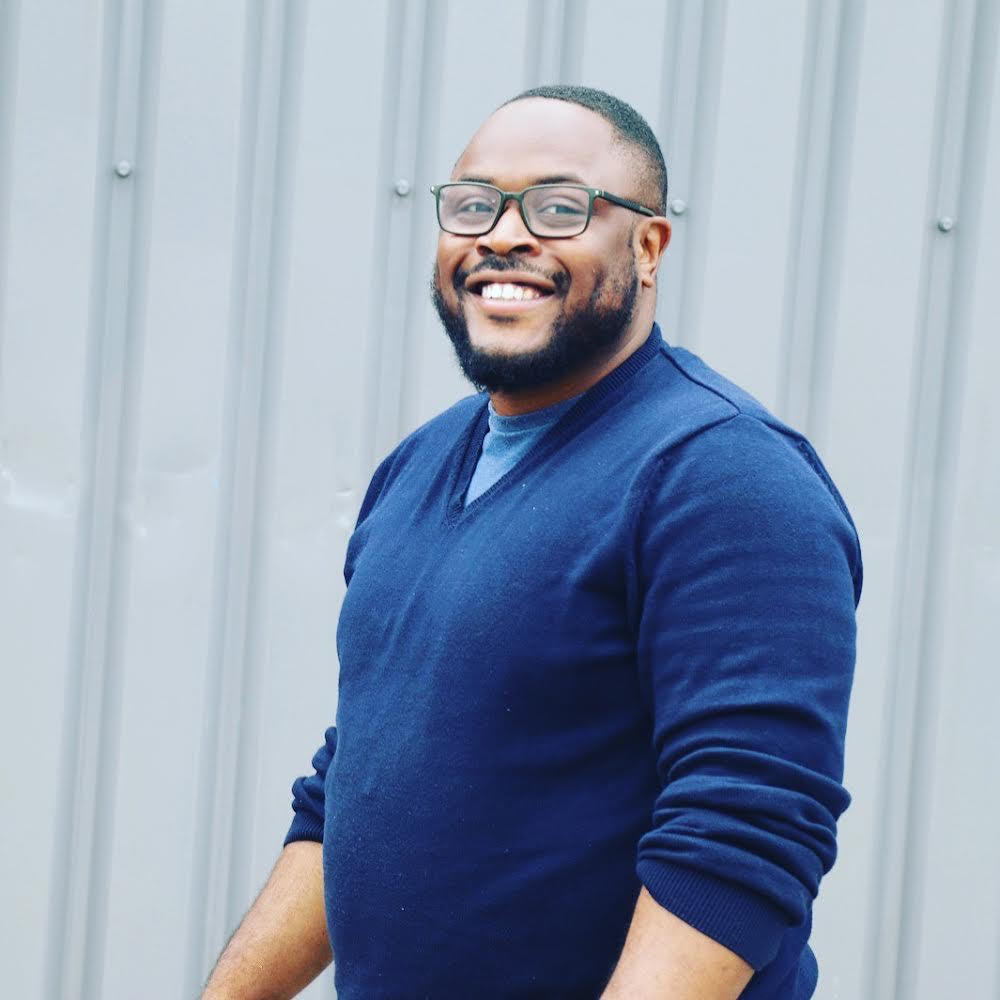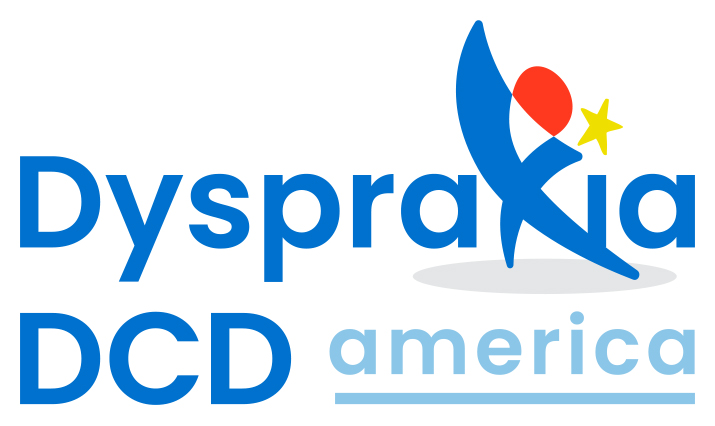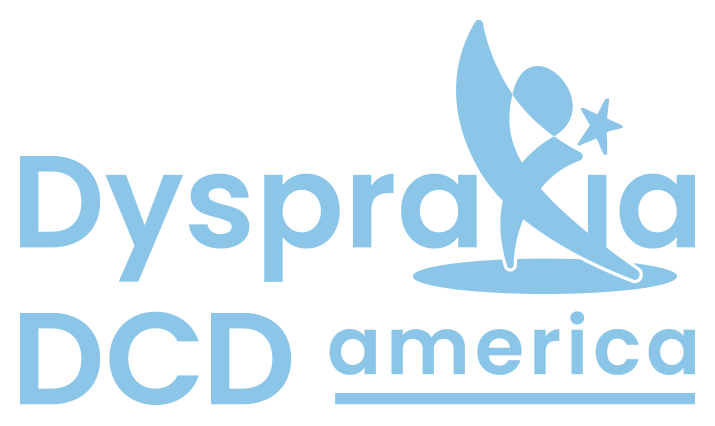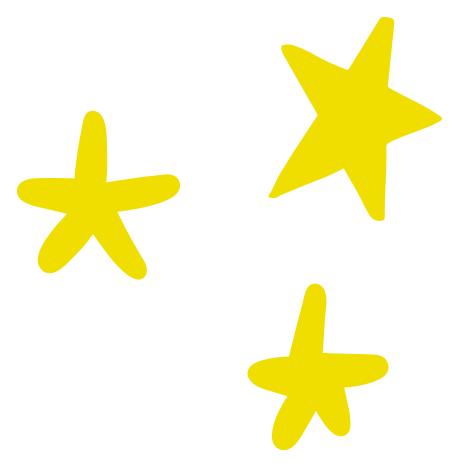
My name is Tumi Sotire and I have Dyspraxia. On social media, I’m known as “The Black Dyspraxic” which I founded to highlight the importance of intersectionality in neurodiversity from my lived experience as a British-born Nigerian.
When did you become aware that there was something unique about you? What did you notice?
When I was about age 4 to 6, I realized I couldn’t really dance or play sports like the kids around me. I was diagnosed with Dyspraxia at age 4.
How did you address any challenges your child was having at home, school, or work (include any therapies received, if you’re comfortable sharing)?
I had therapy of different sorts in an attempt to increase my physical activity and coordination. My parents also spent £1000’s on The Dore program; there have been controversies on how effective this was scientifically, but according to my parents they saw an improvement.


Which therapies/approaches were most effective?
- Love, care, and patience
- Encouraging people to practice tasks they find difficult without demanding perfection
- Celebrating strengths
- Having an effective support system.
What coping strategies do you find most helpful in your daily life?
Break tasks into smaller steps. Develop a support system. My wife and others in my life have been such a blessing.
A. What is the worst thing about living with Dyspraxia/DCD?
B. What would you like others to understand about Dyspraxia/DCD?
Anyone of any gender, race, or any other social group can have Dyspraxia.


